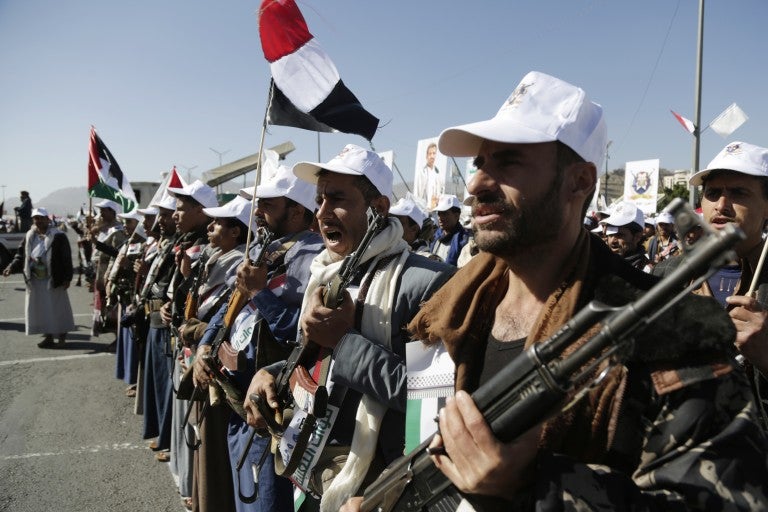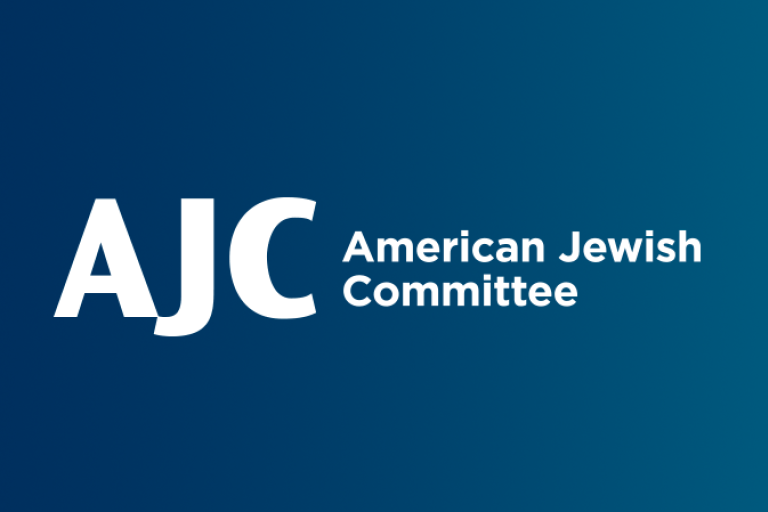October 13, 2017
AJC CEO David Harris issued the following statement following President Donald J. Trump’s remarks:
President Donald J. Trump spoke about Iran today in a much-anticipated speech. The core of the message was that he would decertify Iran with respect to the Joint Comprehensive Plan Of Action (JCPOA), given Iran’s egregious behavior in many spheres.
Clearly, his message was a disappointment both to those who hoped he would continue to certify and to those, on the other end of the spectrum, who wanted him to tear up a deal he himself had referred to as so poorly negotiated in the first place.
What happens next remains to be seen. Attention will be focused laser-like on the congressional response, as well as the reaction of the other P5+1 nations – China, France, Germany, Russia, and the United Kingdom.
For AJC, the heart of the matter is addressing key issues that have long troubled us because they were not adequately covered, if at all, by the original agreement, and that led in the first place to our decision to oppose it in 2015, specifically: (a) Iran’s ballistic missile development, which continues aggressively and menacingly; (b) the sunset clause in the JCPOA, which means a pathway to the nuclear bomb no later than 2030, if not sooner; and (c) the weaknesses in the inspection regime because Iranian military sites are totally off-limits.
In addition, it is abundantly clear, or at least should be, that those supporters of the JCPOA who argued that the agreement would moderate Iranian behavior were flat wrong in their prediction. To the contrary, Iran has only become still more emboldened in its destabilizing activities in the region – from Syria to Iraq, from Lebanon to Yemen, from Bahrain to Gaza. Nor has its abysmal human rights record in any way abated.
At this point in time, whatever earlier views were, it is absolutely essential that the Administration, Congress, and our key allies in Europe, the Middle East, and Asia work as collaboratively as possible on the Iran threat. This is not, nor must it be allowed to become, about partisanship, legacy, or, as the Germans say, schadenfreude.
Rather, it is about grappling with one of the most complex and high-stakes issues in the world today, and seeking to ensure that Iran does not flaunt the spirit of the JCPOA, clandestinely work around it, drive a wedge among allies, or, exploiting the flaws in the original deal, simply follow the long-term glide path to nuclear status that it was essentially given in 2015.


